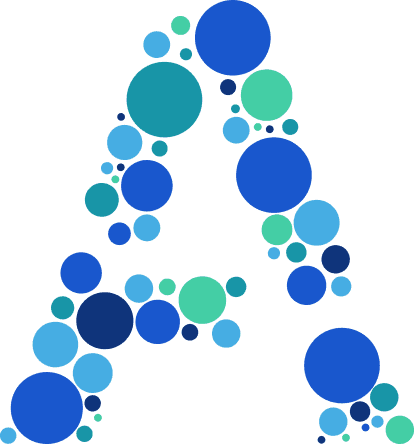$40 Million Verdict: How Civil Courts Are Disrupting the Business of Human Trafficking
Aug 14, 2025
A federal jury in Georgia just sent a $40 million message that could transform how we fight human trafficking: when businesses profit from exploitation, they'll pay the price.
The July 2025 verdict in J.G. v. Northbrook Industries represents a watershed moment in anti-trafficking enforcement. After 4.5 years of legal battles, this landmark case—the first civil trafficking verdict against a hotel under the TVPRA—proves that survivors can bankrupt traffickers and their accomplices through civil litigation.
The Case That Sets the Precedent
For nearly 40 days in 2020, a young victim was trafficked for sex more than 200 times at the United Inn in Decatur, Georgia. Hotel staff weren't passive observers. They watched, at times, over 10 men visit her room daily, sold condoms to traffickers and buyers, and allegedly warned traffickers when police arrived. They chose profit over protection.
Judge Sarah E. Geraghty of the Northern District of Georgia applied the civil remedy provision of the Trafficking Victims Protection Reauthorization Act (TVPRA), establishing that anyone who "knowingly benefits, financially or by receiving anything of value from participation in a venture" engaged in trafficking faces liability. Crucially, the "should have known" constructive knowledge standard means businesses cannot escape accountability by claiming ignorance. Willful blindness equals complicity.
Why This Verdict Matters
Civil litigation attacks trafficking's business model at every pressure point:
Lower burden of proof: Civil cases require only "preponderance of evidence" versus criminal law's "beyond reasonable doubt"
Financial accountability: The $40 million judgment ($10 million compensatory, $30 million punitive) is the largest jury award in civil trafficking litigation history
Precedent power: This verdict establishes that venues providing trafficking infrastructure face crushing liability when they profit from exploitation
Since 2003, federal civil trafficking cases have generated over $108 million in known settlements and judgments. Yet this represents just the beginning. Only 27% of criminal trafficking cases result in restitution orders, making civil remedies essential for survivor compensation.
What This Means for Our Field
At Allies Against Slavery, we've long understood that data reveals hidden patterns in trafficking. This case validates what our Lighthouse platform shows daily: trafficking operates like any business with supply, distribution, and demand components. Civil litigation disrupts all three financially, breaking the business model that generates billions annually.
The hospitality industry has already begun responding. Major chains have implemented mandatory anti-trafficking training for over 400,000 employees, enhanced monitoring systems, and strengthened reporting protocols. Tools like Hotel Shield and training from the American Hotel & Lodging Association help businesses identify warning signs before liability strikes.
Building the Anti-Trafficking Ecosystem
This verdict exemplifies why we built Lighthouse—to transform hidden patterns into evidence. When our partners can document trafficking indicators systematically, they create the foundation for both prevention and prosecution.
The hospitality industry's response shows the ecosystem effect:
400,000+ employees trained through industry partnerships
Technology solutions like Hotel Shield leveraging shared data
AHLA standards creating accountability frameworks
Collaborative Action Steps
For state decision makers: Strengthen your civil remedy frameworks. California's treble damages and Texas's $250,000-per-victim fines multiply deterrence. We can help you understand what policies drive results.
For our organizational partners: This case reinforces why systematic screening matters. Every data point you collect through Lighthouse could become evidence protecting future victims.
For business leaders: The constructive knowledge standard means you need proactive systems. Partner with us to implement data-driven prevention before liability strikes.
Moving Forward Together
Emma Hetherington from the University of Georgia, who observed the trial, captured what matters most: "To be heard by a jury who says, 'We believe you,' is huge." Behind every data point is a human story deserving justice.
This 54-month journey to verdict wasn't delay—it was building precedent that will accelerate future cases. Together, we're creating an ecosystem where trafficking's profitability becomes its vulnerability.
The verdict proves what our data has long suggested: when we combine systematic documentation with strategic litigation, we can make trafficking the worst business decision anyone could make.
Join us in scaling this victory. Because when we work together to make the invisible visible, justice follows.



